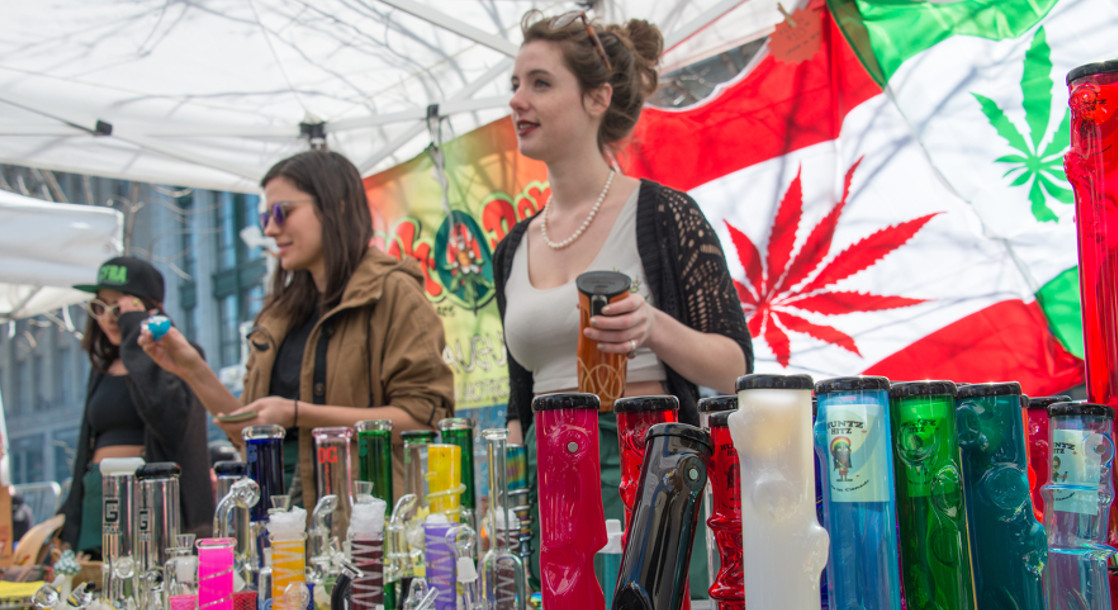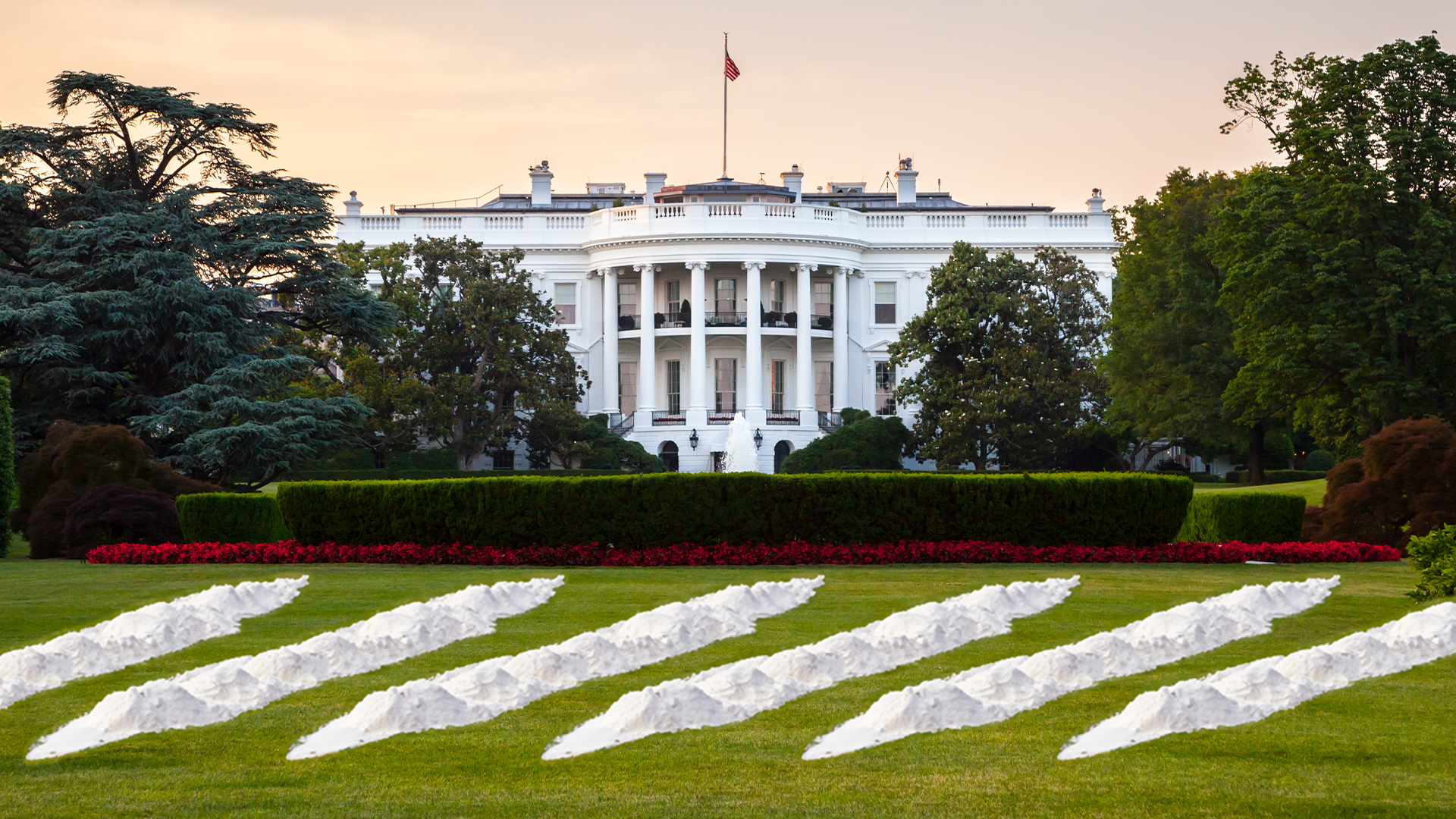Photo via yelo34
As the rollout of legal recreational cannabis in Canada draws near, the country is looking to canna-legal states south of their border for advice on the best way to regulate weed. This week, CBC radio host Matt Rainnie reached out to Dr. Larry Wolk, Chief Medical Officer in Colorado, for some guidance on legalizing it. "We haven't experienced any significant issues as a result of legalization,” Wolk reassured listeners of the program.
Critics of cannabis legalization often argue that it will increase usage among children, but Wolk reported that “one in four adults and one in five youth use marijuana on a somewhat regular basis” in Colorado, and that these numbers have not increased since the plant was legalized. The doctor also relayed that he’s seen no evidence to support the theory that cannabis serves as a “gateway drug,” allegedly leading to abuse of illicit narcotics. Colorado has seen an increase in heroin-related fatalities, but Wolk said these numbers are unfortunately consistent with the opioid epidemic plaguing the entire United States.
Canada is still on track to legalize recreational cannabis on July 1st, 2018. The most recent bills would allow any adult Canadian to grow up to four plants and possess up to 30 grams of dried flower. Edibles and other cannabis products may not be approved until later in the year, as lawmakers first need to debate regulations regarding childproof packaging and product labeling requirements.
The current bills stipulate that only those 18 or older may purchase cannabis, but individual provinces will be allowed to increase that age limit if they wish. Wolk said that setting a precise age limit is a tricky proposition that must balance both health and practical issues. "Biologically we know the correct age should be 25," he said. "Nineteen may be a little too young, I mean because, again, of the developing brain issues, but if that's the legal drinking age and you already have a high prevalence … then it may make sense to align that with the legal drinking age."
Wolk also told Rainnie that he thought selling cannabis at liquor stores or bars was not the best move. "The co-use of marijuana and liquor is a bad idea," he said. "Marijuana in of itself — or the THC — and alcohol in of itself can cause impairment, and we know that those effects are not just additive but exponentially increased if somebody chooses to co-use both substances." The doctor also mentioned that the state saw no increase in drug-impaired driving, but noted that this number is difficult to track and still warrants further investigation.
Wolk mentioned that his state has seen a small uptick in the number of hospital admissions due to cannabis, but qualified this by noting that most of these people were inexperienced tourists, not residents. The doctor believes that the Centennial State's comprehensive education program to inform residents about responsible cannabis use has successfully kept Coloradans safe.











